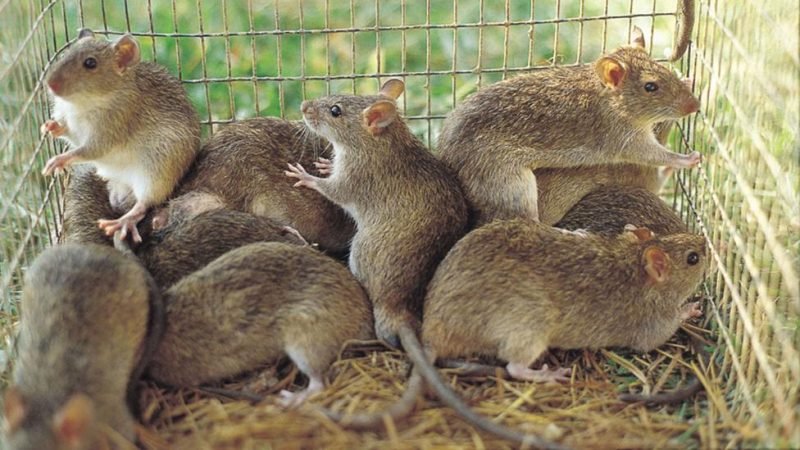To mark World Zoonoses Day, Wild Africa, a conservation non-profit body has warned that Nigeria risks becoming the epicentre of the next deadly zoonotic disease outbreak if urgent action is not taken to curb its thriving illegal bushmeat trade.
In a statement issued on Sunday by its Nigeria representative, Festus Iyorah, Wild Africa said diseases such as Ebola, Mpox (Monkeypox), Lassa Fever, and Anthrax remain ever-present threats due to the country’s widespread consumption of wildlife.
“World Zoonoses Day reminds us that safeguarding wildlife is ultimately safeguarding human health,” said Mark Ofua, the organisation’s West Africa representative. “By adopting the One Health approach, which links human, animal, and environmental health, we can effectively prevent the spread of zoonotic diseases.”
Zoonotic diseases are illnesses that spread from animals to humans through direct contact – such as bites, scratches, or exposure to faeces – as well as through consuming animal products or contact with contaminated environments, including wet markets and abattoirs.
The World Health Organization estimates that 75 per cent of emerging infectious diseases in humans originate from animals, with nearly three-quarters of these coming from wildlife.
Despite this, bushmeat markets remain widespread in Nigeria, where endangered species such as pangolins, bats, monkeys, and snakes are sold openly.
While bushmeat has long been a source of protein for remote communities, Wild Africa said its rising popularity in urban centres such as Lagos, Abuja, and Port Harcourt was deepening public health concerns.
The organisation cited alarming statistics: Mpox has recorded 3,771 suspected cases and 1,086 confirmed cases since 2017; Yellow Fever saw 589 suspected cases in the first four months of 2024; Anthrax outbreaks in neighbouring Ghana killed 97 animals and infected several people; Lassa Fever remains endemic in Nigeria, spread mainly through rodents; while recent outbreaks of Marburg Virus in West Africa highlight the region’s vulnerability.
“Experts warn that human-driven actions such as habitat destruction, biodiversity loss, and the thriving bushmeat trade are intensifying the spread of zoonoses – threatening human health, endangering wildlife, and undermining fragile ecosystems,” the statement said.
Although Nigeria’s Endangered Species Conservation and Protection Bill recently passed its third reading in the House of Representatives and is awaiting Senate consideration, conservationists insist that stronger enforcement is needed.
“Previous crackdowns during outbreaks such as Ebola and Anthrax often proved temporary, with traders and consumers returning to business as usual once public attention waned and enforcement weakened,” Wild Africa noted.
The organisation urged the Nigerian government to fast-track the wildlife bill, protect the country’s dwindling habitats, and invest in sustainable alternatives for communities dependent on bush meat.



